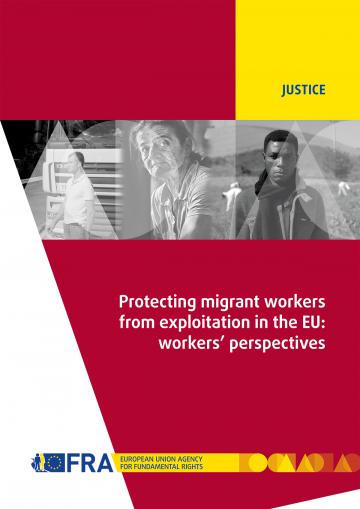Sprache
English

The report shows how exploitation often starts with false promises and fraud, describes the extreme conditions the exploited workers endure, and identifies the factors that facilitate exploitation. But it also outlines what can be done to help exploited workers access justice. We hope that our focus on this issue encourages the responsible authorities to recognise the reality of severe labour exploitation, and to take the steps necessary to counter this troubling phenomenon.